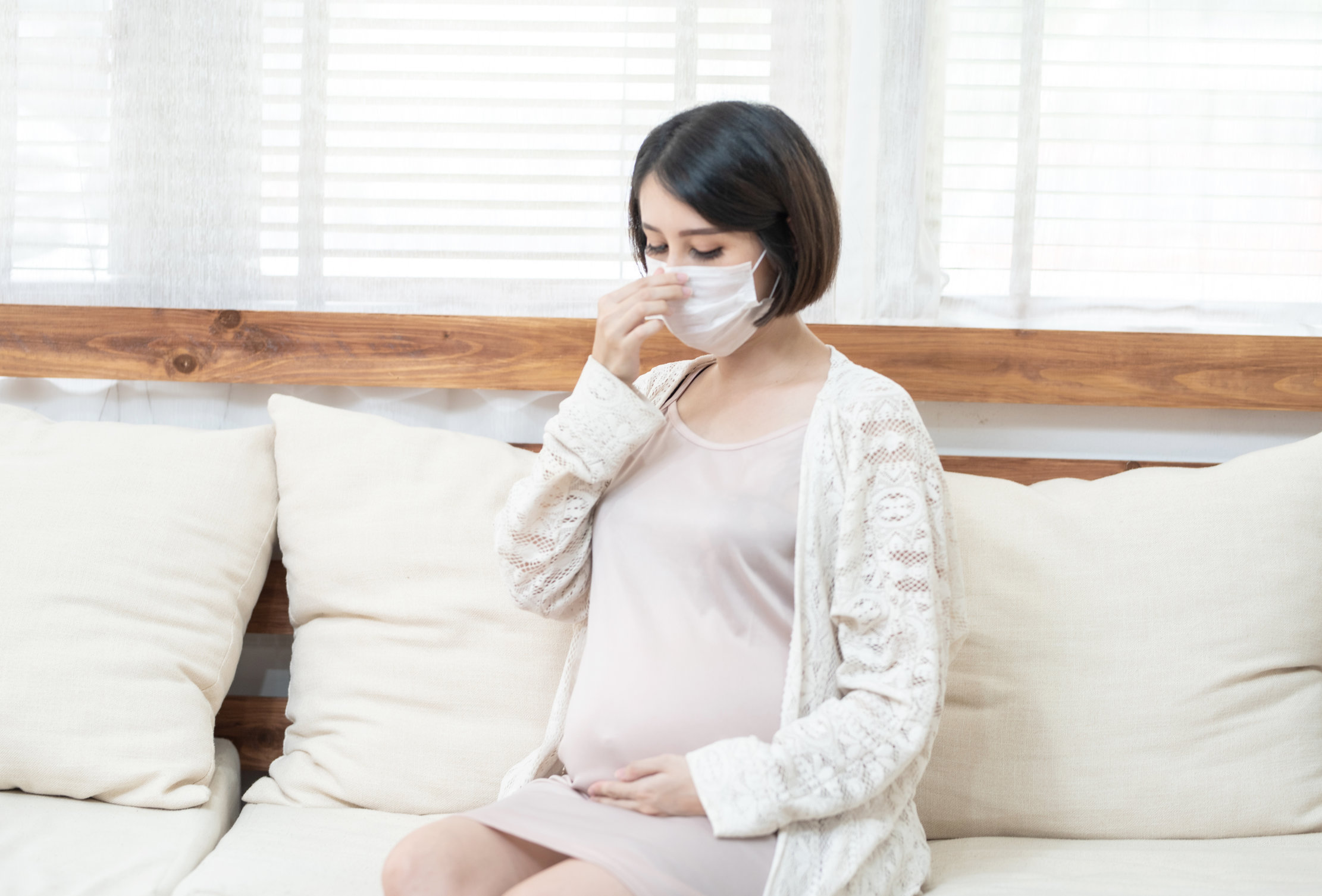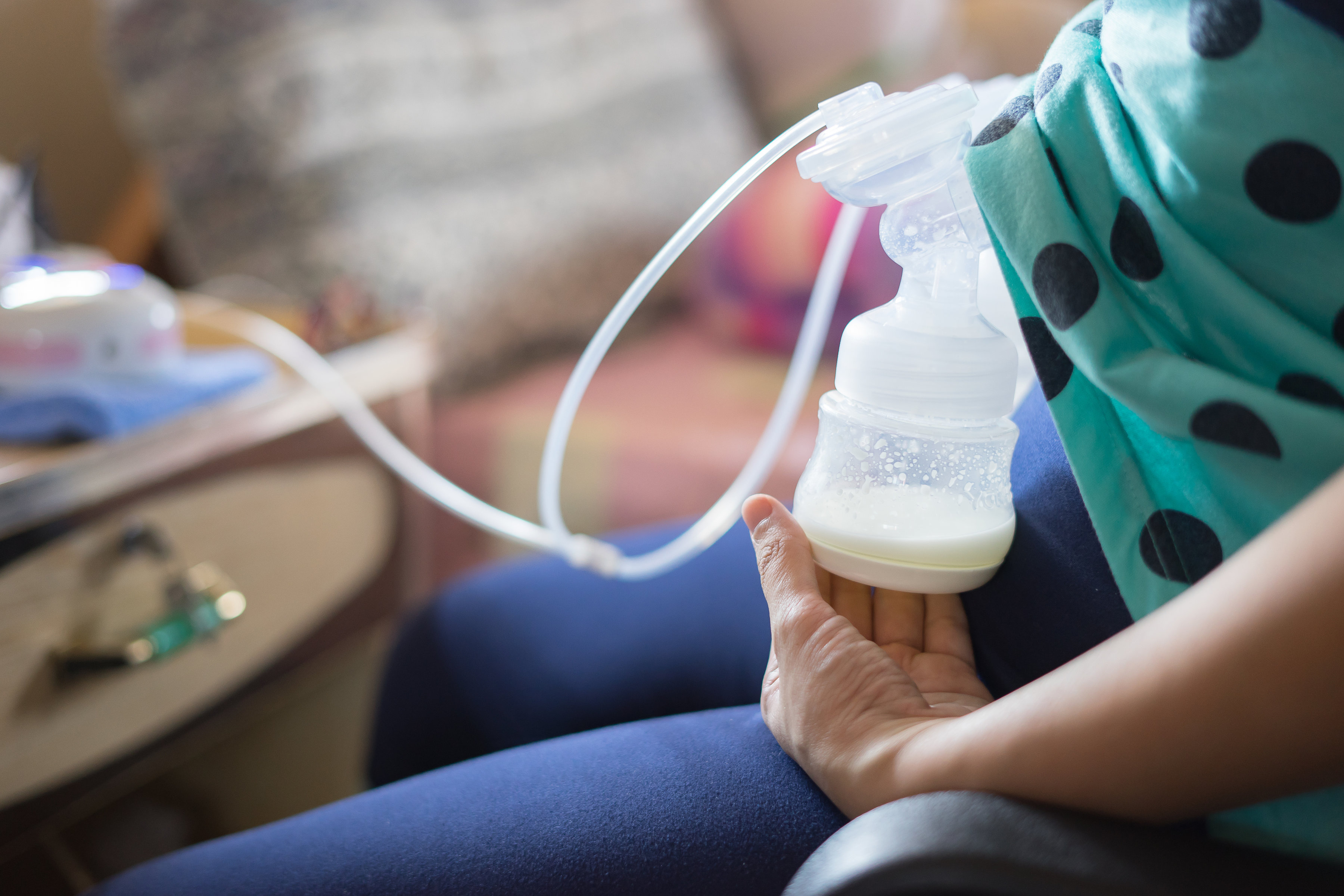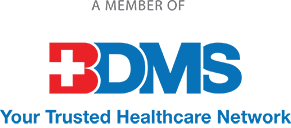Many mom-to-be women surely have lots of questions and concerns regarding the safety of their baby and themselves during the pandemic of COVID-19. Here, Bangkok Hospital Siriroj prepares for you the answers to the most common and crucial questions you need to know for your safe pregnancy and breast feeding.
Q1: What effect does coronavirus have on pregnant women?
Answer: Generally, pregnant women do not appear to be more likely to be seriously unwell than other healthy adults if they develop the new coronavirus. It is expected the large majority of pregnant women will experience only mild or moderate cold/flu like symptoms.
Remember, it is always important for pregnant women to protect themselves from all kinds of illnesses.
Q2: What can I do to protect myself from catching the coronavirus?
Answer:
- Frequently wash your hands with soap and water for 20 seconds
- Avoid touching your face, especially your eyes, mouth, and nose
- Tightly limit gatherings and stay home as much as possible, especially if you are sick or have symptoms such as a cough or cold, to limit exposures to other people.
- Sneeze and cough into a tissue that you discard immediately, or into your elbow, to avoid making others sick.
- Social distancing is important to limit the spread of the virus. It’s safe to go out for walks — just try to remain six feet away from anyone who doesn’t live with you.
- Stay hydrated and get adequate rest to maintain the health of your immune system
- For pregnant women from 28 weeks’ gestation, or with underlying health conditions such as heart or lung disease at any gestation, a more precautionary approach is advised. Women in this category should be recommended to stay at home.
Q3: Does becoming ill with COVID-19 increase risk of miscarriage or other complications?
Answer: An increased risk of miscarriage or fetal malformations has not been documented in pregnant women who are infected with COVID-19, according to the CDC.
Based on data from other coronaviruses, such as SARS and MERS, the American College of Obstetricians and Gynecologists notes that pregnant women who get COVID-19 may have a higher risk for some complications, such as preterm birth and intrauterine growth retardation. However, this data is extremely limited, and the infection may not be the direct cause of preterm birth.

Q4: If I become sick, what is the risk of passing the virus on to my fetus or newborn?
Answer: Mother-to-child transmission of coronavirus during pregnancy appears to be very low (unlikely), but after birth a newborn is susceptible to person-to-person spread. Currently there is no evidence of any fetal malformations or effects due to maternal infection with COVID-19.
- A very small number of babies have tested positive for the virus shortly after birth. However, it is unknown if these babies got the virus before or after birth.
- The virus has not been detected in amniotic fluid, breast milk, or other maternal samples.
- If a woman has an infection with a high fever during the first trimester, it’s safest to use acetaminophen to lower temperature to avoid risk to the developing fetus.
Q5: If I test positive for COVID-19, can I breastfeed my baby?
Answer: Yes
Women with COVID-19 can breastfeed if they wish to do so. Breast milk provides protection against many illnesses and is the best source of nutrition for most infants. Currently, there is no evidence of the virus in breast milk. Given that the virus is spread through respiratory droplets, mothers should wash their hands and consider wearing a face mask to minimize infants’ exposure to the virus.
- If you are sick and choose to direct breastfeed:
- Wear a facemask and wash your hands before each feeding.
- If you are sick and choose to express breast milk:
- Express breast milk to establish and maintain milk supply.
- A dedicated breast pump should be provided.
- Wash hands before touching any pump or bottle parts and before expressing breast milk.
- Follow recommendations for proper pump cleaning before and after each use, cleaning all parts that come into contact with breast milk.
- If possible, consider having someone who is well feed the expressed breast milk to the infant.

Q6: Can I touch and hold my newborn baby if I have COVID-19?
Answer: Yes
Close contact and early, exclusive breastfeeding helps a baby to thrive. You should be supported to:
- Breastfeed safely, with good respiratory hygiene
- Hold your newborn skin-to-skin
- Share a room with your baby
You should wash your hands before and after touching your baby, and keep all surfaces clean.
In case you are worried about the COVID-19 infection, we provide the COVID test here at Bangkok Hospital Siriroj.
For all inclusive childbirth package, please click here.
